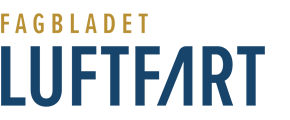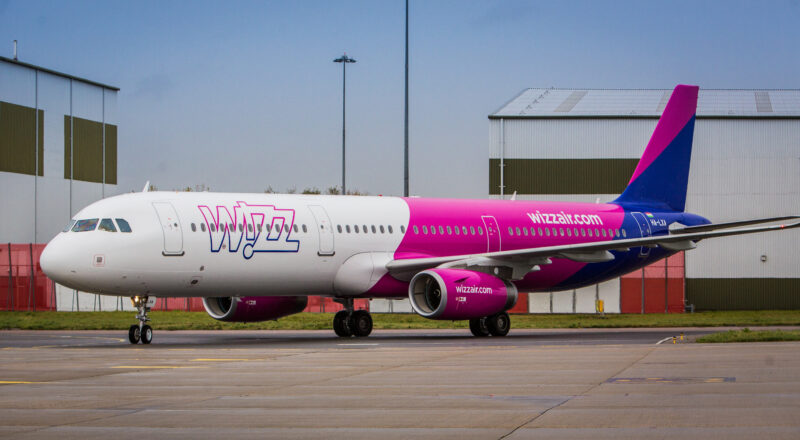In a widely shared online video, Wizz Air CEO József Váradi tells pilots that a high number of fatigue reports is damaging to the company. “Completely unacceptable statement,” says representative of the trade union FPU Romania.
Wizz Air CEO József Váradi has been criticized by a wide range of actors in the aviation industry after he appeared to be telling pilots that too many of them are reporting fatigue in an online video.
In the video, József Váradi is addressing the fact that crew are now returning to the company and that the company ‘needs to take down the fatigue rate.’
The statements have been widely criticized, among others by both the European Cockpit Association (ECA) and the British pilot union BALPA who say Váradi’s statements are at odds with basic safety culture.
“It is completely unacceptable that a CEO of an airline takes the rules about fatigue so lightly. In aviation, safety is the highest priority, and it is absurd to see that József Váradi believes that a pilot should ignore his or her fatigue and start working even if the pilot does not feel ready,” says Mircea Constantin, who is Head of Representation at FPU Romania.
FPU Romania is a branch of the Danish trade union FPU, and it represents cabin crew and pilots working at Wizz Air.
‘Puts huge pressure on pilots’
According to FPU, who represents pilots and cabin crew in Denmark, you should never fly if you do not feel 100 percent ready as there is a risk of making mistakes. It is one of the most basic things pilots learn when they train to become pilots.
It is not the first time that Wizz Air CEO József Váradi has come under scrutiny for statements made in videos and recordings online. Last year, Reuters reported that a Wizz Air manager in recordings which circulated online had asked his team to specifically target ‘bad apples’ for redundancies, including people who would call in sick to work or ‘cause grief.’
“It creates a really bad working environment, and it puts a huge pressure on the pilots when their CEO says the exact opposite of what the pilots have been trained to do. We would urge EASA to investigate the situation in the company. There is plenty to be done,” says Mircea Constantin.
“Our members have long experienced being pressured to come to work. They get a low salary, they have unpredictable working hours and long working days, and if they come with the slightest criticism of the company, they risk being fired. Now we also have Váradi’s words that this is the case in the company.”

